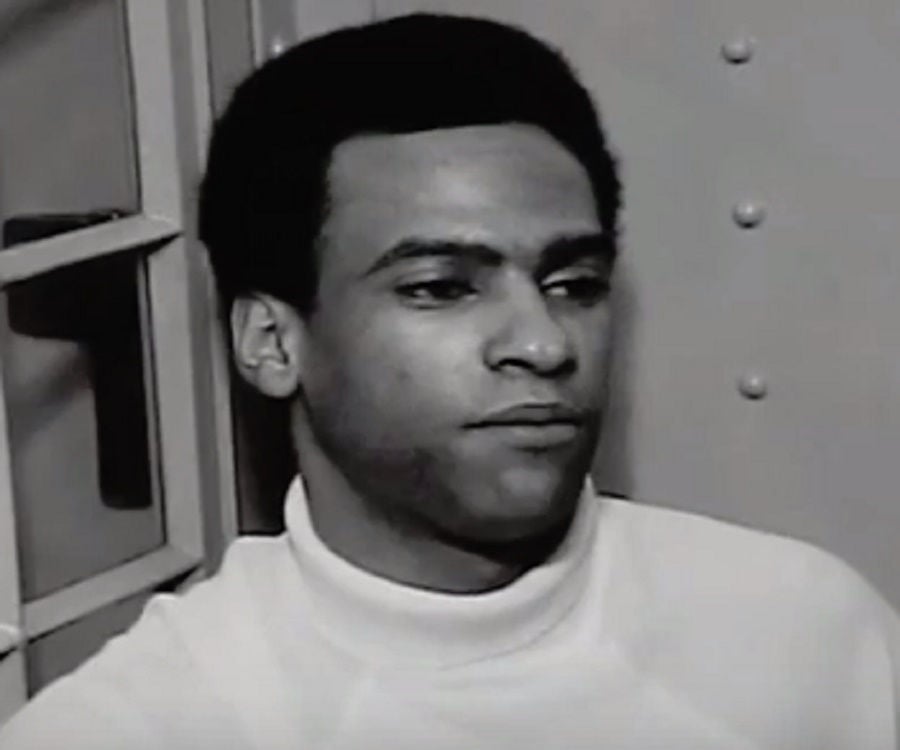
The smell of manifest destiny was everywhere.

As Gilbert Moore wrote in A Special Rage, “There was an inevitably about the Huey Newton trial which drove me fairly insane. The campaign cast Newton as a revolutionary martyr of systematic state oppression and built him into a political icon similar to other figures at the time, like Ho Chi Minh and Che Guevara.

Throughout these trials, the Black Panther Party organized a powerful “Free Huey” campaign, which caught on nationally and became a point of focus for the broader 1960s New Left. The prosecutor declined to retry the case for a fourth time. In 1970, a California Appeals Court ordered a new trial, which twice ended with a hung jury. Convicted in 1968 of voluntary manslaughter in the killing of officer Frey, Newton was sentenced to 2 to 15 years in prison. The circumstances surrounding the incident were and remain cloudy and contested. When back-up forces arrived, a shoot-out ensued, leaving Frey dead and another cop, Herbert Heanes in serious condition. After the end of his probation, on October 26 and 27, 1967, while out partying with friends, Newton and his compatriots were pulled over by an Oakland police officer, John Frey. Huey Newton was convicted of assault with a deadly weapon for a 1964 stabbing and served six months in prison followed by a period of probation. Edgar Hoover labelled the Panthers “the greatest threat to the internal security of the country" and subjected the group to a range of repressive tactics as a part of COINTELPRO. According to Newton, “We don't hate white people, we hate the oppressor: If the oppressor happens to be white, then we hate him.” FBI Director, J. The Panthers practiced “revolutionary socialism” and articulated their platform in a manifesto, “Ten-Point Program.” The Black Panther Party was willing to work in alliance with other revolutionary organizations, including white radicals. Williams, practiced a militant self-defense strategy and developed community survival programs related to employment, community health, education, nutrition, food security, prisoner’s rights, and other grassroots issues. The group was influenced by Malcolm X and Robert F. It was also at this time that he met Bobby Seale and they formed the Black Panther Party for Self-Defense in response to police brutality against local African Americans. Newton began to read political and theoretical works by radical thinkers, like Frantz Fanon, Malcolm X, Mao Zedong, Karl Marx, Vladimir Lenin, Emile Durkheim and Che Guevara. At Merrett, he joined the Afro-American Association and a fraternity, Phi Beta Sigma, and helped get the first Black Studies course organized on the campus. During this period, Newton began to ask questions about his family and the world around him, which led him to get involved with the civil rights movement. In 1966, he earned an associates degree from Merritt College and took classes at the San Francisco School of Law. All they did was try to rob me of the sense of my own uniqueness and worth, and in the process nearly killed my urge to inquire.” Newton graduated high school in 1959 without learning to read, though he went on to teach himself. Not one instructor ever awoke in me a desire to learn more or to question or to explore the worlds of literature, science, and history. In his autobiography, Revolutionary Suicide, he wrote, “During those long years in Oakland public schools, I did not have one teacher who taught me anything relevant to my own life or experience. Newton later reflected that during his childhood in Oakland, he was often made to feel ashamed of being black. He was arrested a few times as a teenager, including for gun possession and vandalism when he was 14. Though his family moved around the Bay Area quite a bit, Newton always felt like he had food and shelter and love. Following WWII, the Newton family moved to Oakland as a part of the second wave of the Great Migration. Newton was born in 1942 in Monroe, Louisiana, one of the most racially violent parishes in the entire South. Newton was a revolutionary black leader and co-founder, with Bobby Seale, of the Black Panther Party for Self-Defense in Oakland, California, in 1966.


 0 kommentar(er)
0 kommentar(er)
